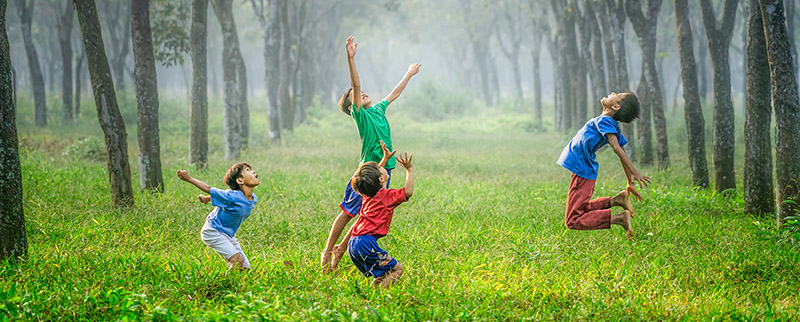Social and emotional learning are as important to our children as learning to read and write. They are skills for life that will support our children to become successful and caring adults. They are the skills that build community and our relationships with each other and promote fairness and social justice. They are important both for our work and our personal lives. Social and emotional learning are the basis of youth healthy relationship skill development and underpin community safety and well-being.
In our complex world, well-rounded youth need to be provided with academics combined with social and emotional learning. Schools have been shown to be ideal places for developing these skills and they can be taught. Social and emotional competence creates a safe and caring learning environment within schools and improves academic achievements.
Daniel Goleman, author the book entitled Emotional Intelligence, is one of the founders of the Chicago-based Casel organization, www.casel.org . Their focus is on promoting children’s success in school and life and to establish social and emotional learning as an essential part of education.
 According to the Casel group, “social and emotional learning promotes young people’s academic success, health, and well-being at the same time that it prevents a variety of problems such as alcohol and drug use, violence, truancy, and bullying. Social and emotional learning helps students become good communicators, cooperative members of a team, effective leaders, and caring, concerned members of their communities. It teaches them how to set and achieve goals and how to persist in the face of challenges. These are precisely the skills that today’s employers consider important for the workforce of the future. Research clearly demonstrates that social and emotional skills can be taught through school-based programs”.
According to the Casel group, “social and emotional learning promotes young people’s academic success, health, and well-being at the same time that it prevents a variety of problems such as alcohol and drug use, violence, truancy, and bullying. Social and emotional learning helps students become good communicators, cooperative members of a team, effective leaders, and caring, concerned members of their communities. It teaches them how to set and achieve goals and how to persist in the face of challenges. These are precisely the skills that today’s employers consider important for the workforce of the future. Research clearly demonstrates that social and emotional skills can be taught through school-based programs”.
For over a dozen years SWOVA has offered the Respectful Relationships program in SD#64. The program is based on social and emotional learning. It is important for every student in Canada to have this opportunity in their school.

